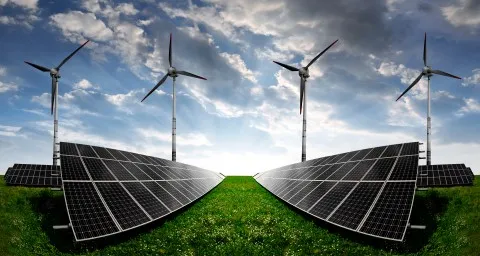
India needs additional $250b investments to sustain renewables growth
It is ranked fourth and fifth, globally, in installed capacities for wind and solar power, respectively.
India will need an estimated $250b in green energy funds from 2023 to 2030 to sustain its emerging green economy according to a study presented to Parliament, a report by Livemint revealed.
The Economic Survey 2019 investment estimates, which have been made at current prices, come at a time when India has become one of the top renewable producers globally with ambitious capacity expansion plans.
The country has an installed renewable energy capacity of about 80GW and is said to be running the world’s largest renewable energy programme, with plans to achieve 175GW by 2022 and 500GW by 2030, as part of its climate commitments.
Also read: India could fall short of 227GW renewables target by 2022
“Thus, on an annualised basis, investment opportunity for over $30 billion per year is expected to come up for the next decade and beyond," the report cited from the survey.
India is ranked fourth and fifth, globally, in installed capacities for wind and solar power, respectively.
Meanwhile, the survey also noted that obtaining finance at the lowest cost has become key, given how the country’s competitive solar bids and wind energy sector have transitioned from a feed-in-tariff (FiT) regime to tariff-based auctions.
“The solar tariff has come down from around $0.26 (IND18)/kWh in 2010 to $0.036 (IND2.44)/kWh in bids conducted in 2018. Similarly, for wind power, the tariff has declined from an average of $0.061 (IND4.2)/kWh in 2013-14 to $0.035 (IND2.43)/kWh in December 2017," the survey said.
Also read: India sets generic tariffs for renewables
The survey added that a two-and-a-half times increase in India’s per capita energy consumption will help boost the economy by $5,000 (in 2010 prices).
“India has also emerged as the voice of consuming nations amidst global uncertainties in the energy markets with supplies from Iran and Venezuela drying up and tension escalating in the Persian Gulf. This also comes at a time when the overall size of the energy efficiency market in India is estimated to be $22.81b, according to the survey,” the report said.
It further added that the implementation of various energy efficiency measures has resulted in total cost savings of around $10.33b (IND530b) in 2017-18, and contributed in reducing 108.28 million tonnes of carbon dioxide emissions.
“The overall electricity savings due to energy efficiency measures is 7.21% of the net electricity consumption in 2017-18, total thermal energy saved is 2.7% of the net thermal energy consumption and 2.0% of the net energy supply," the survey said.


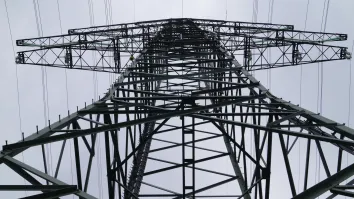
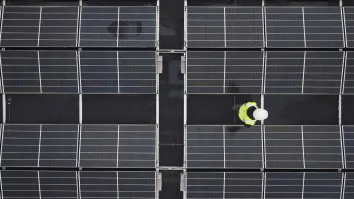
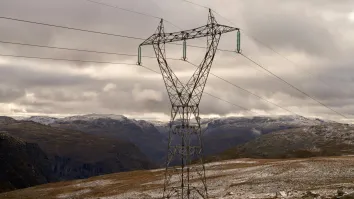

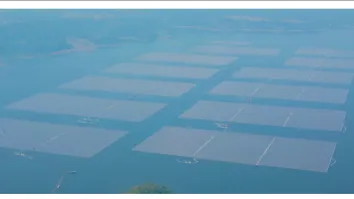
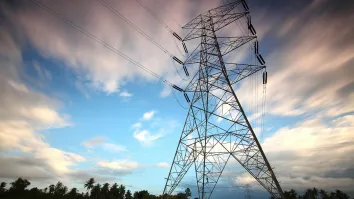











 Advertise
Advertise






